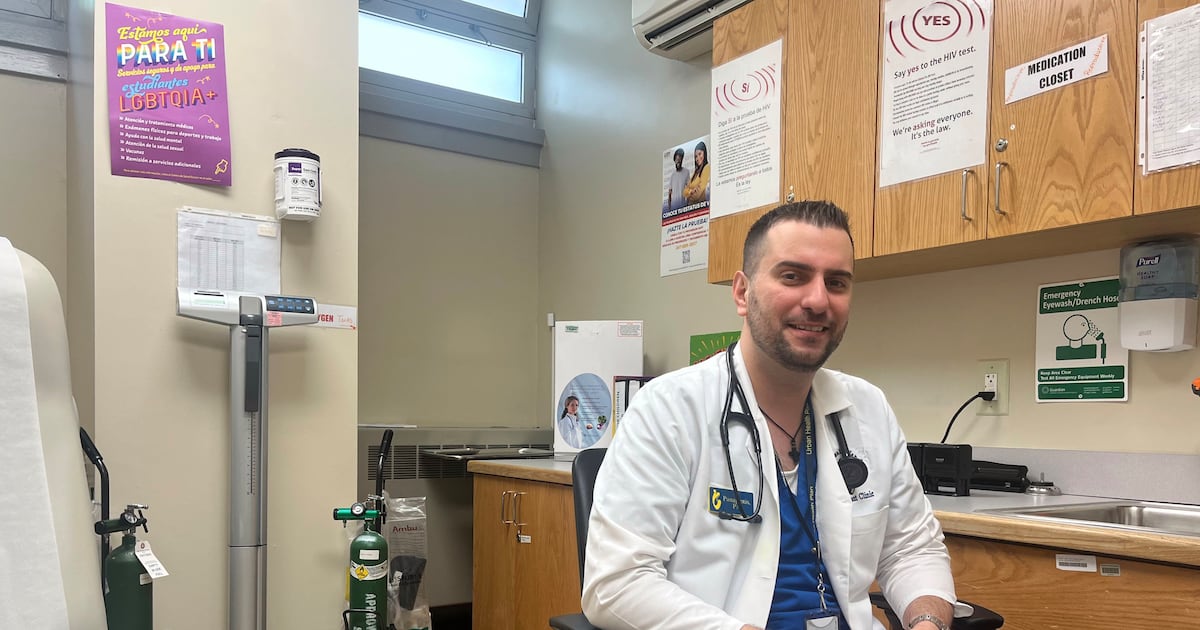Funding Fog: New York's School Health Centers Brace for Radical Payment Shake-Up

School-Based Health Centers: A Lifeline for Students at Risk of Losing Critical Care
New York's school-based health centers have long been a beacon of comprehensive care for students, offering everything from dental cleanings to mental health support. However, these vital clinics now face an uncertain future as the state prepares to overhaul their funding structure.
These innovative healthcare hubs provide students with seamless access to essential medical services right where they spend most of their day - at school. Dental hygienists clean teeth, behavioral health professionals offer counseling, and primary care providers address a wide range of health needs, all without students having to leave campus.
But healthcare providers and community advocates are sounding the alarm. The proposed changes to reimbursement models could potentially dismantle these critical healthcare resources, leaving many students without the comprehensive medical support they've come to rely on.
The potential loss of these centers would be devastating, particularly for students from underserved communities who might otherwise struggle to access consistent healthcare. As the state contemplates these funding changes, the future of school-based health centers hangs in the balance, with the well-being of countless students at stake.
